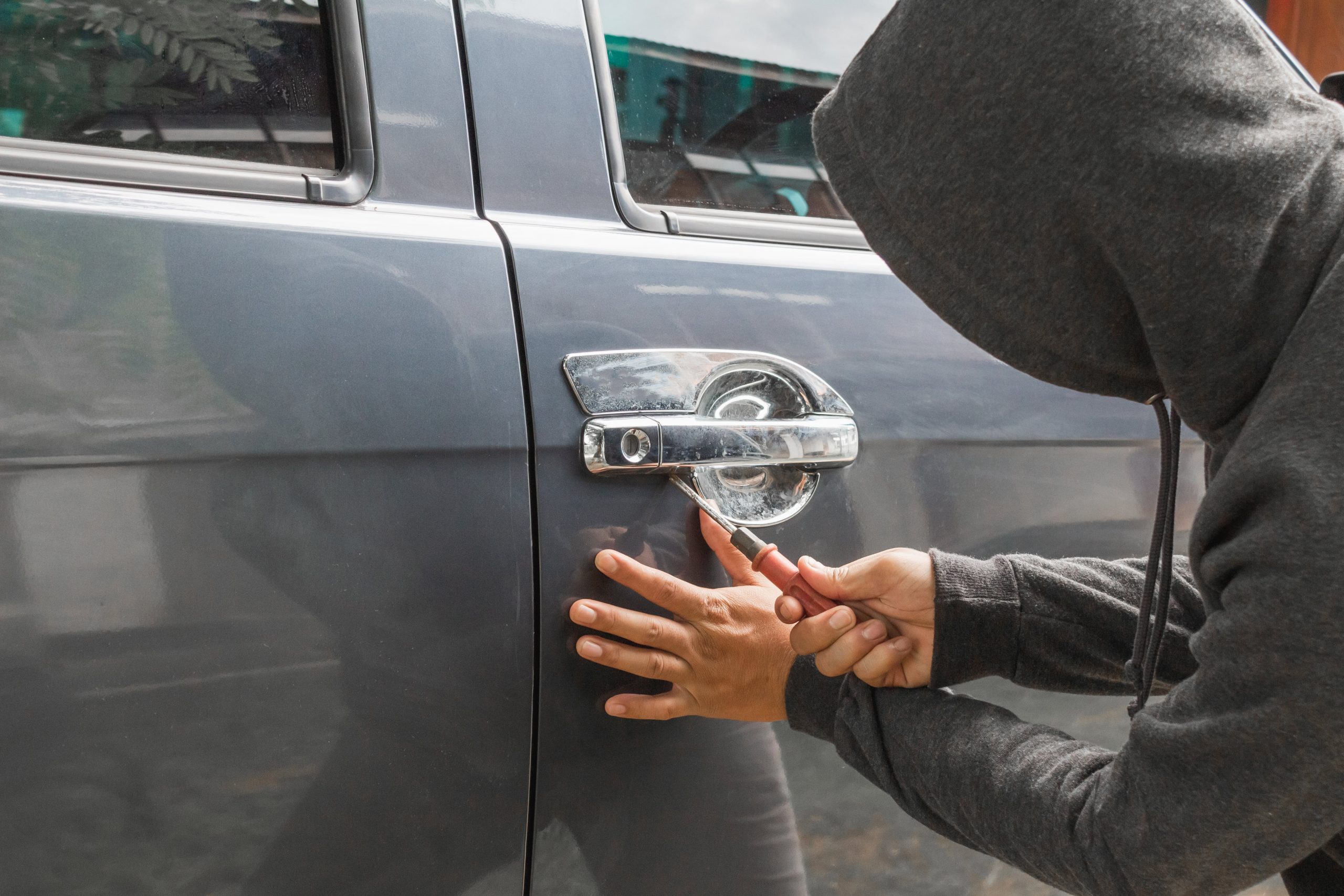Larceny – s 117 Crimes Act 1900 (NSW)
Charged with larceny is stressful knowing it can result in a criminal record against your name, effecting your career and travel. Our highly experienced Sydney based specialist criminal lawyers have over 20 years experience representing clients, proving their innocence, getting larceny charges dropped early, and getting them a s10 non conviction even after a plea of guilty countless times.
Call us now on (02) 8606 2218 to book a free first consultation with an experienced Criminal Defence Lawyer.
Your Options in Court
You can only be found guilty to a larceny charge if police can prove each of the following elements:
- You took and carried away property i.e. money or item
- That property belonged to another person
- You intended to permanently deprive the owner of that property at the time of taking it; and
- The owner did not give you consent to take it
You will be not guilty if police are unable to prove each of the above elements beyond reasonable doubt.
Defences to this charge
You will be Not Guilty to a charge of larceny if:
- Mistake by victim: The victim mistakenly gave you the property or money, you later discovered the mistake but kept it.
- At the time of taking the property, you did not intend to permanently deprive the owner of it. The Judge can infer an intention from your actions though.
- Claim of right: you honestly believed that you had a legal right to the property or money
- Lost property: where you found and took lost property
- You did not actually take the property or money away
- Although someone else owned the property or money, you had consensual possession of it
- You were unaware you even had possession of the property or money
- Duress or necessity
Your charge of larceny will be dismissed and you will be found not guilty if any one of the above defences apply to your case. Our senior lawyers specialise in larceny charges and pay a special focus and attention in getting these charges dropped early. They hold a proven track record of successfully achieving this by pointing out all the holes in the police case, and strengthening the defence case early.
If your pleading guilty to a charge of larceny, it’s critical to get highly experienced and realistic advice from a specialist criminal lawyer. See below for critical information on how to prepare and present your case to maximise your chances at avoiding a criminal record even when pleading guilty.
25% discount on punishment
Pleading guilty at the earliest time to a charge of larceny will entitle your case to receive a discount on your punishment of up to 25%, resulting in a better, lighter outcome by the Judge. This increases your chances of avoiding a criminal conviction by getting a section 10.
This discount reduces with time, the later you leave it. This is why it’s important to receive reliable, expert advice from an experienced criminal lawyer. The early plea of guilty also gets you more leniency because it’s seen as an expression of your remorse.
Good character references
A good character reference letter should express your remorse, shame, and insight into your offending behaviour. It should also reflect your otherwise good character to allow the Judge to see you in a better light, which, if expressed well, will allow the Judge to further reduce your punishment and a better outcome.
Our senior lawyers will guide you and review each character reference letter before giving it to the Judge to read. These letters can come from yourself, your employer, your family and friends, and even charity.
Negotiate to drop charges
Our team of experienced lawyers have convinced police, countless times for over 20 years, to drop or downgrade larceny charges. Our lawyers are specialists in this field, and know exactly how to maximise your chances at successfully achieving this result.
An experienced lawyer should carefully read the police evidence, and then point out all the holes in it to police. The approach will be tailored for every case depending on the charges and the evidence. Every lawyers should try this avenue first.
Negotiate facts
The set of facts is what is read by the Judge right before giving you a punishment, and it is an expression and version of what you plead guilty to, including the value of the item stolen. The police will often draft this as one sided, then hand it to the Judge to read. This usually puts you in a bad light and results in a heavier punishment. You can object to this.
Our experienced defence lawyers negotiate this set of police facts before its handed to the Judge to read. By changing the facts to the truth, putting you in a better light, the Judge reading it is more likely to give you a lighter and better outcome. This is often achieved by picking out all the problems in the police evidence, and then using that knowledge to negotiate with police.
Psychologist reports
Our clients significantly benefit from using our hand picked highly respected and experienced psychologists and psychiatrists for powerful court reports to give to the Judge. This usually gives them a far more lenient and better outcome by the Judge.
To get the maximum benefit from a psychologist report, it’s important it is guided by an experienced criminal lawyer. The psychologist or psychiatrist should be asked to express critical points including your mental illness at the time, your remorse and insight into your offending behaviour which allows the Judge to further reduce your punishment.
Maximum penalty
The maximum punishment for a charge of larceny is a term of imprisonment of up to 5 years in the District Court. It’s normally dealt with in the Local Court, where it can give a maximum punishment of up to 2 years imprisonment.
Where the value of the property is more than $5,000, the Local Court can give a maximum punishment of up to 2 years imprisonment. Where the value is less than $5,000, the maximum punishment the Local Court can give is up to 12 months imprisonment and/or a fine of up to $5,500.
Were the value of the stolen property is less than $2,000, the Local Court can give a maximum punishment of up to 12 months imprisonment and/or a fine of up to $2,200.
It’s important to understand that Judges rarely ever give a maximum punishment. It’s only given to the most serious offenders, often with lengthy prior criminal records. Below are other options of punishment available for a Judge to give you.
Types of penalties
The Judge will give you any one of the following types of punishment, depending on the above tips and hints in preparing your case:
- Section 10 Dismissal
- Conditional Release Order
- Fine
- Community Correction Order
- Intensive Correction Order
- Full Time Imprisonment
Our team of Sydney criminal defence lawyers regularly appear in court for larceny charges. With a long standing proven track record of exceptional outcomes, Their senior lawyers will thoroughly prepare your case, and maximise your chances at proving your innocence, get charges dropped early, or avoid a criminal conviction by getting section 10’s in court.
Call us now on (02) 8606 2218 to book a free first consultation with an experienced Criminal Defence Lawyer.






